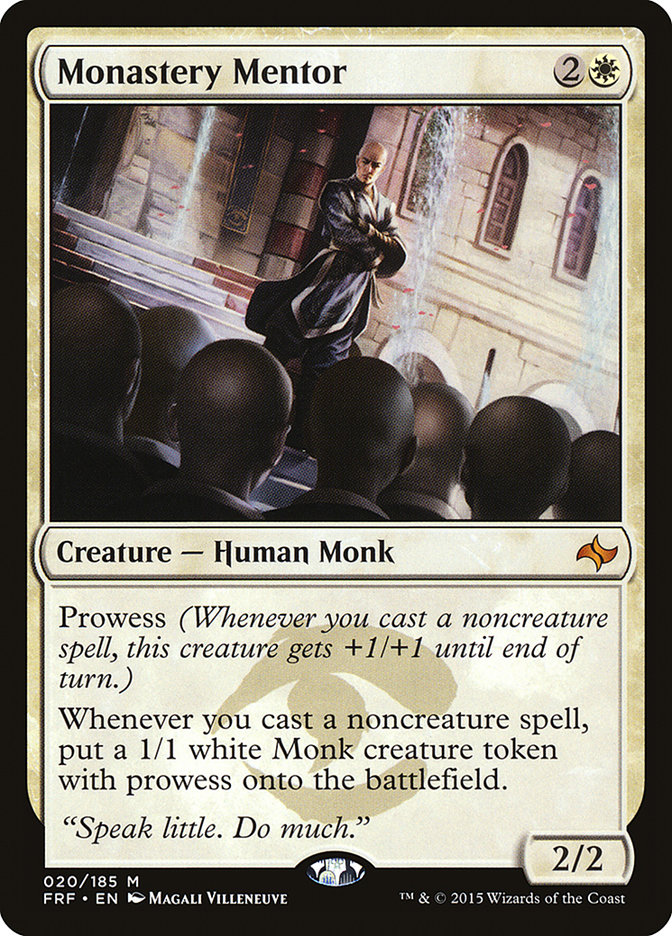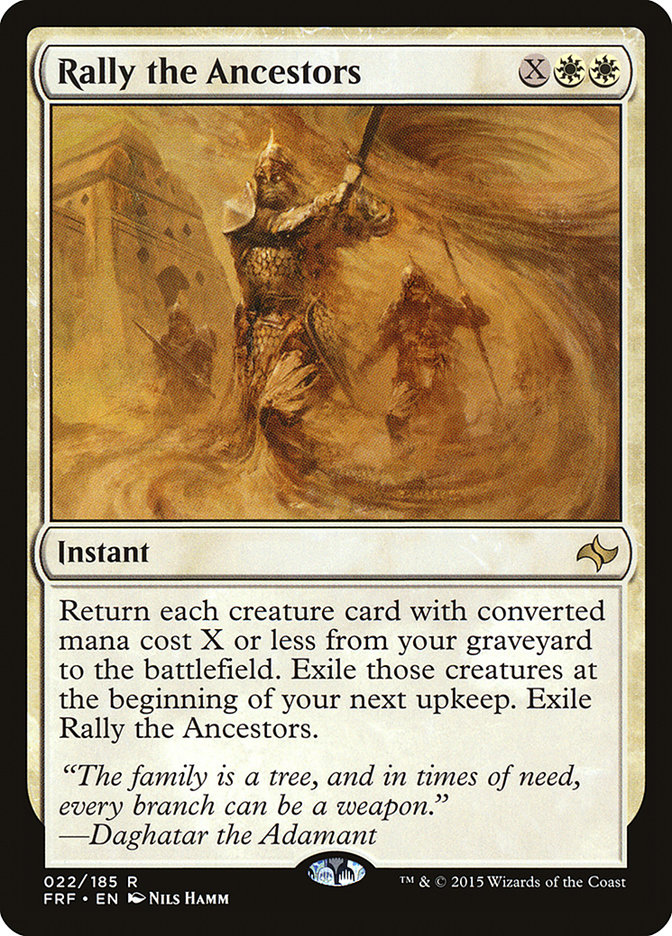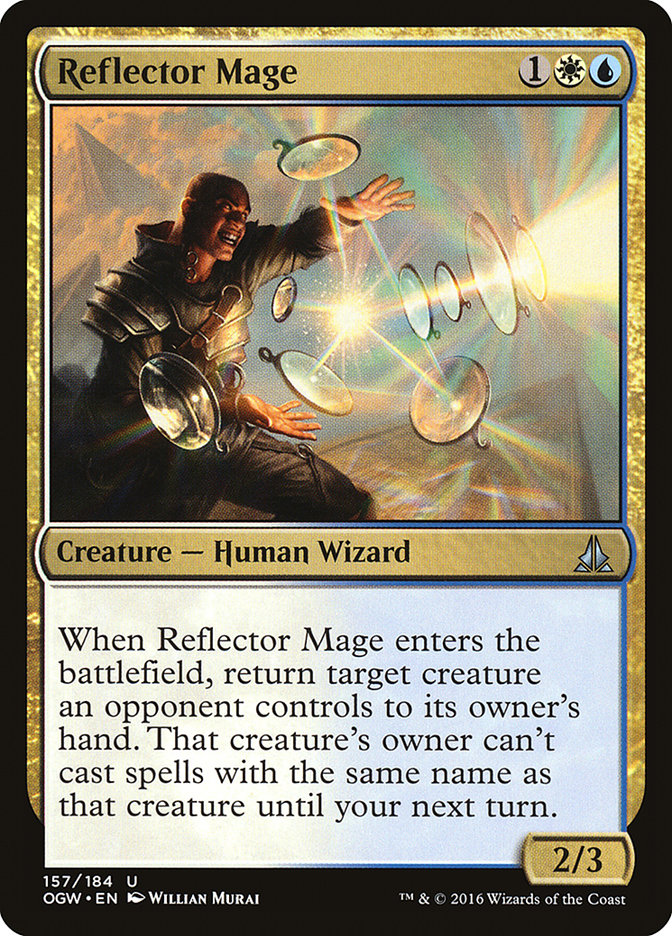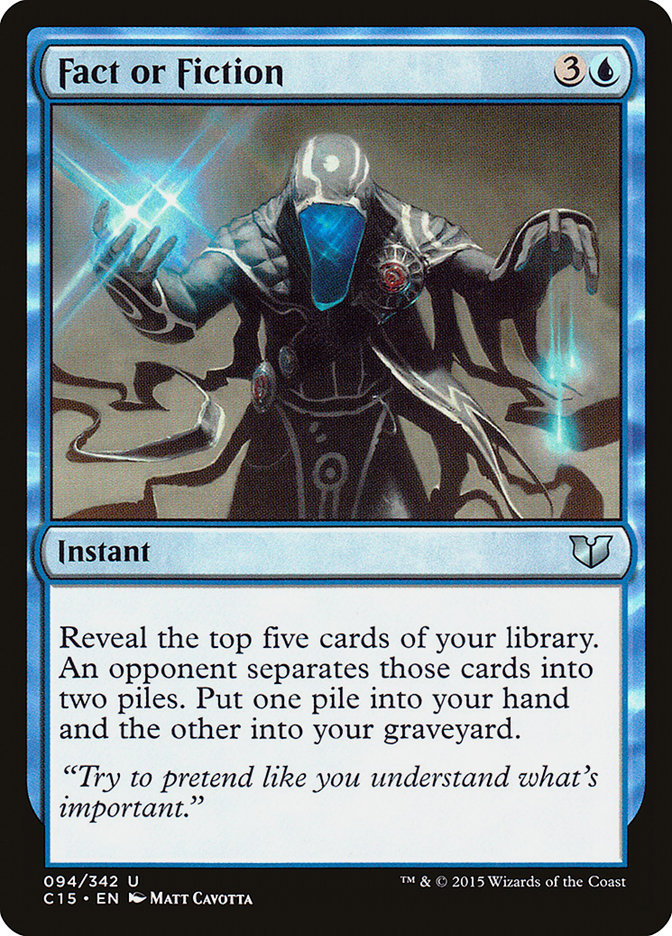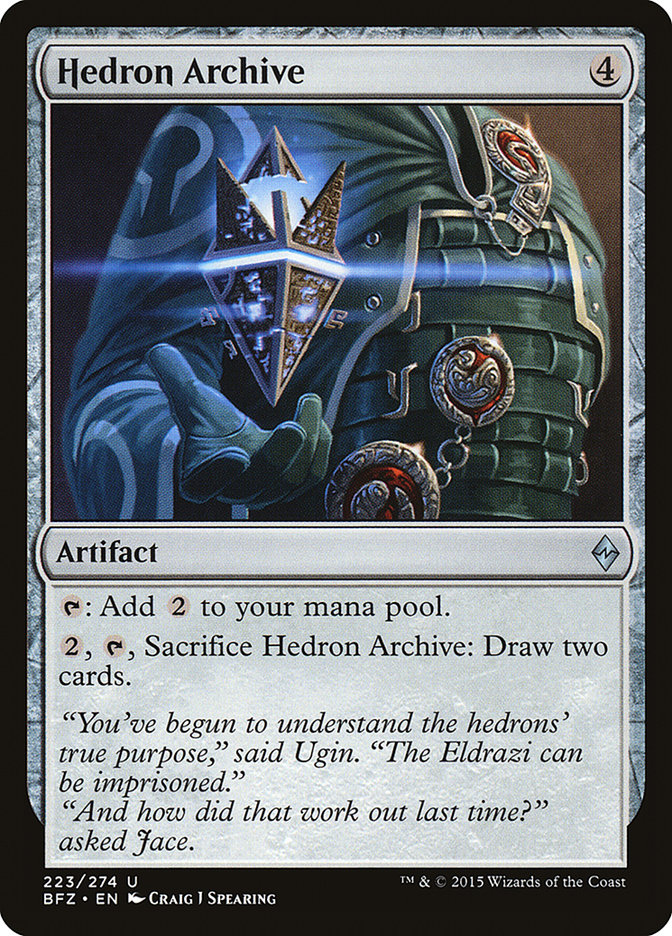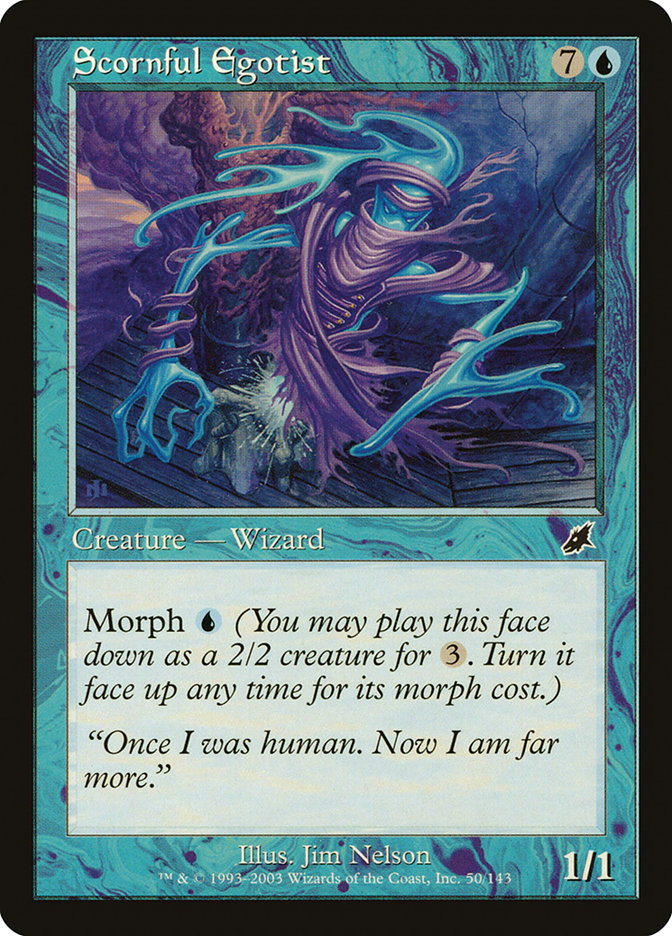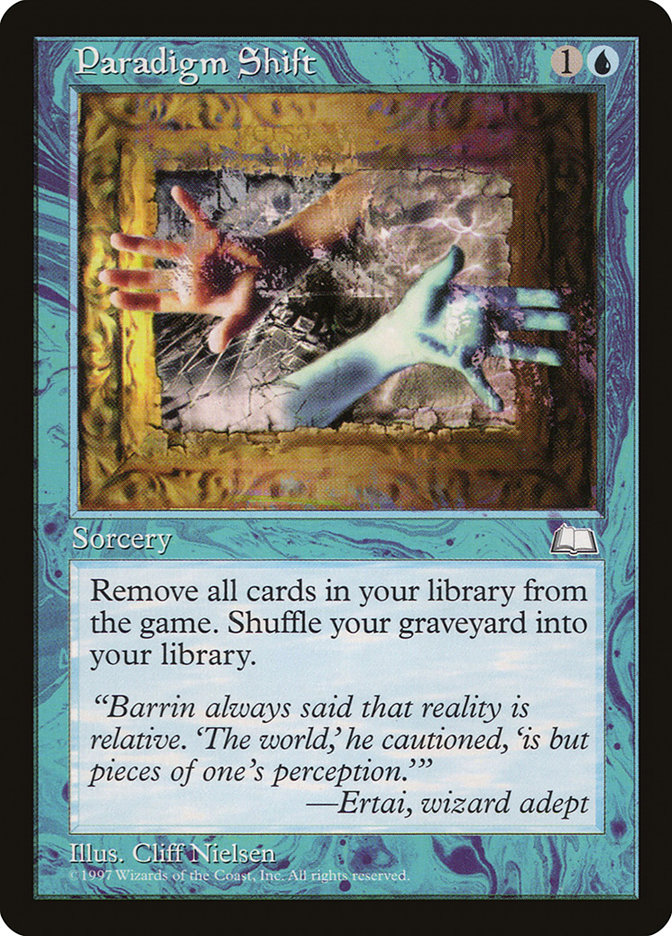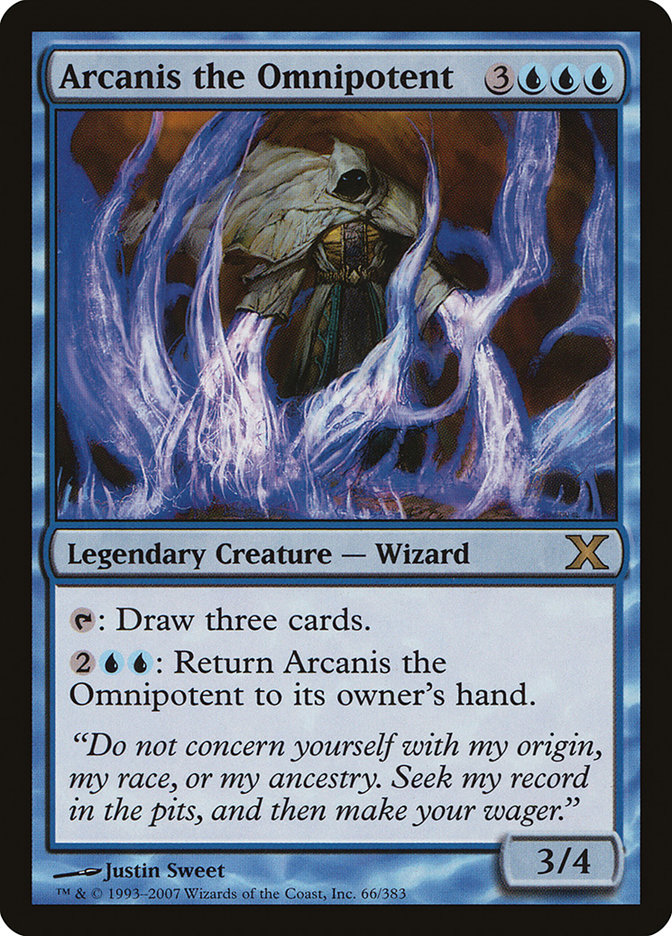 point guard who directs the offense to ensure each person is in the correct spot, setting up a perfectly timed pass for an open shot. Think the American football linebacker who calls out a play action pass so their teammates do not over-pursue.
point guard who directs the offense to ensure each person is in the correct spot, setting up a perfectly timed pass for an open shot. Think the American football linebacker who calls out a play action pass so their teammates do not over-pursue.
This skill also translates outside the actual games, where a veteran player may mentor a younger one, giving them a head start on learning what they need to know to achieve lasting success as a professional athlete.
In all of these scenarios, there is a common skill being exercised by the leader or mentor, and it’s a skill that leaders of all types have needed to possess in order to have success: communication.
The human capacity for language is perhaps our greatest strength as a species. It is nothing short of incredible how we are able to take complex, often abstract ideas and distill them into a simple form that is easily understandable and reproducible by others. When one person has an idea, it dies with them, but if they are able to pass that idea to someone else, it can spread and live on for generations, vastly increasing its impact on the rest of the species.
For this reason, advancements in our communication skills are recognized as some of the most impactful developments in our history, from the invention of writing and later movable type to more modern creations like the radio, television, and internet. Each of these inventions allows us to preserve our thoughts and ideas and transmit them to others with increasing speed and therefore scope.
So what does this have to do with Magic? Well, for one, the internet fundamentally reshaped how competitive Magic is played, as players have gained access to much more information than they had before. Competitive Magic was transformed from a collection of regional metagames into a single hive mind yearning for the latest decks and tech while also reacting to those from the previous week.
Due to this communications shift, our job as players has moved away from specific card evaluations, finding good decks in the abstract, and moved toward trying to exploit pockets of inefficiency in a given metagame instead. Rarely is someone going to show up with a completely new archetype unless a set has just come out, and often the task of finding the best deck for a given week boils down to finding an old deck that is under the radar and successfully updating it.
That said, I am not here to talk about the macroscopic changes that our current age has thrust upon Magic. I am here to talk about how you can become like the great players I mentioned in the opening paragraphs, and more specifically, how you can make the players around you better and consequently improve your own game. I begin with one simple, but powerful principle:

What I mean by this is that the content of what you communicate to someone matters much less than the reasons you express it.
The most obvious manifestation of this principle is realized when you see someone who can only communicate through condescension and anger. This is the FNM Hero/Grinder who lives to put down anyone at the store who plays a rogue deck and acts entitled to every topdeck and game win. They are saying things in order to make themselves look good rather than to help those around them.
This person may have good advice to give someone and their derisions may be true a large portion of the time, but that will not matter, because their toxic tone and attitude makes everyone else recoil from each word. If the speaker has no intention to help, there is no reason for anyone to find what they say helpful, and even if it is helpful advice, it goes unimplemented and does no good.
But we all know not to be a jerk. There are more subtle consequences of this principle that I believe hold many players back.
Consider a question on everyone’s mind right now. What is the best way to beat Four-Color Rally?
If you ask this question to three different people, you are likely to get three different answers. This lack of conformity exists regardless of the skill level of the respondents. Three players at your local Invitational Qualifier and three pros can and will often be equally divided. In a strict sense they can’t all be right, so you are left with two options:
1) Ignore all the advice and trust your own instinct.
2) Pick the person you trust most, for whatever reason.
Both of these outcomes are problematic. In the first you have gained nothing from the advice given. But the second is even more insidious because it introduces a number of possible biases.
Humans are incredibly good at rationalizing decisions they wanted to make anyway, and Magic players perhaps more so. You oftentimes end up convincing yourself that the person who gave you the answer you wanted most is right and justify it with the same biased reasoning that led you to like their answer in the first place. In that case, the person whom you are trusting is merely a conduit used to lend legitimacy to otherwise specious reasoning and a potential scapegoat for when things inevitably go wrong.
Even if you try to use some sort of objective measure, such as choosing to follow the opinion of the best player surveyed, you open yourself to potential rationalizations. First, the best player is not always right. Second, deciding who the best player is too often is a subjective decision that will be biased by the specific opinions offered. Objectivity is only gained when you able to consider the advice given on its own merits.
You may think that the best way to do this is to completely ignore the person giving you advice, but all that does is close you off from the opinions of others, which will cause you to stagnate as a player. The solution is to go deeper into the other person’s mind and determine exactly why they have come to the conclusion they did. The key to understanding any given advice is to understand who is giving it.
As an example, say I am talking to an expert on Eldrazi Ramp strategies. When I ask them how best to beat Four-Color Rally and they say Eldrazi Ramp, I am actually less inclined to agree because of their apparent bias for the deck. However, given their experience with the deck, I know there is a wealth of information I can tap into in order to reach my conclusion.
With such an expert I would focus the discussion away from the deck’s position in the current metagame and toward the specifics of various matchups and how the deck should be built given the relative increase or decrease of a certain deck in the field. Their experience allows them to answer these questions more objectively, and once armed with that information, you can build a better list if you eventually decide to play it.
In an ideal world, you would be perfectly aware of everyone’s biases and be able to filter their advice appropriately to arrive at a perfectly objective answer. Being closer to this ideal is the essential measure of your skill in interpretation. Improving in this skill is means getting better at spotting potential biases and asking the necessary questions to bring those biases to the surface.
Consider the previous case, where we are asking an Eldrazi Ramp player why they believe it beats Four-Color Rally, only this time we have no reason to believe they have a particular blind spot for Ramp. If their response is clearly dismissive of your question, e.g. “I am like 12-1 in that match-up and they can never beat Card X,” you can come to two possible conclusions:
1) Card X is a trump card in the matchup.
2) Their response is a manifestation of their bias for Eldrazi Ramp.
In the second case, what your friend is doing is trying to use your expected deference to their authority as confirmation that their opinion is correct and thus avoiding the anxiety that comes when we question our own deeply-held beliefs. They are even trying to trap you with the well-known fallacy of results-oriented thinking!
But this is not a malicious act meant to sabotage your tournament, merely a subconscious act of ego-preservation that we all partake in. While it would be easy to hold this “bad advice” against someone, it is important to remember that the onus is on you to communicate in a way that forces them to give you good information and interpret their response appropriately, given what they say, how they say it, and what you know about them.
When you dig deeper into the context of their advice and reveal potential biases, you can use that knowledge to interpret any later advice they give you. You can also make them aware of it so they can be more objective in the future. This is how practicing effective communication makes everyone around you better, even as you improve yourself.
At this point I must note that these principles are equally important in the reverse situation, when you are communicating an idea to someone else. Before responding to a question, you should carefully consider why you believe what you do and try to tailor your response to the person receiving it. You should also be ready and willing to answer any follow-up questions they may have, whether clarifying some line of reasoning or extending your answer to a different situation.
The reality is that when someone asks if a deck is good, they are not looking for a mere yes, even if that would be reaffirming. There are some underlying worries they have about the deck and you would be derelict in making no attempt to determine what those worries could be. Are they unsure of a certain card choice? A matchup? A sideboard plan? First ask the questions that get to the root of their problem, and then address that problem directly. You may even learn something in the process.
It is all too easy to bemoan someone asking for advice as a nuisance, but the best players use it as an opportunity to reevaluate their previously held beliefs. When someone asks for advice, it is best to recall the adage that one only truly knows something when they can teach it. This principle became abundantly clear to me when I started writing and recording videos about Magic, as I was forced to make explicit everything I had internalized without question for years.
Let’s Talk About You
That brings me to the most critical and difficult part of improving your communication, which is effectively communicating with yourself. Once you are capable of genuine self-reflection, you can begin to search out your own biases and work to eliminate them. Of course, becoming perfectly objective is impossible, and that is why we need other people to help us in this endeavor. But when you are capable of kickstarting the process, the people around you will follow your example and you all will be better for it. Moreover, others will begin to seek you out as a paragon of wisdom.
And it is easy to spot those who are capable of such self-reflection and improvement because it always manifests itself in personal culpability. Once you accept your limitations, you are much more willing to admit your mistakes, to both yourself and others. And as we all know, the great ones, the leaders, will put the responsibility for every misstep on themselves.
Go Forth
The ideas I have laid out here are in many cases intuitive and therefore may come off as obvious. But the difficulty in adhering to them is not from understanding; it is in maintaining constant awareness of them, keeping them in the forefront in your mind when your subconscious wants nothing but to push them into a corner so you may remain blissfully ignorant and free to make decisions on a whim.
I hope my calling attention to them is helpful in this collective endeavor to better communicate with each other, and that some of you go on to apply these principles to create a proverbial rising tide in your own communities.

